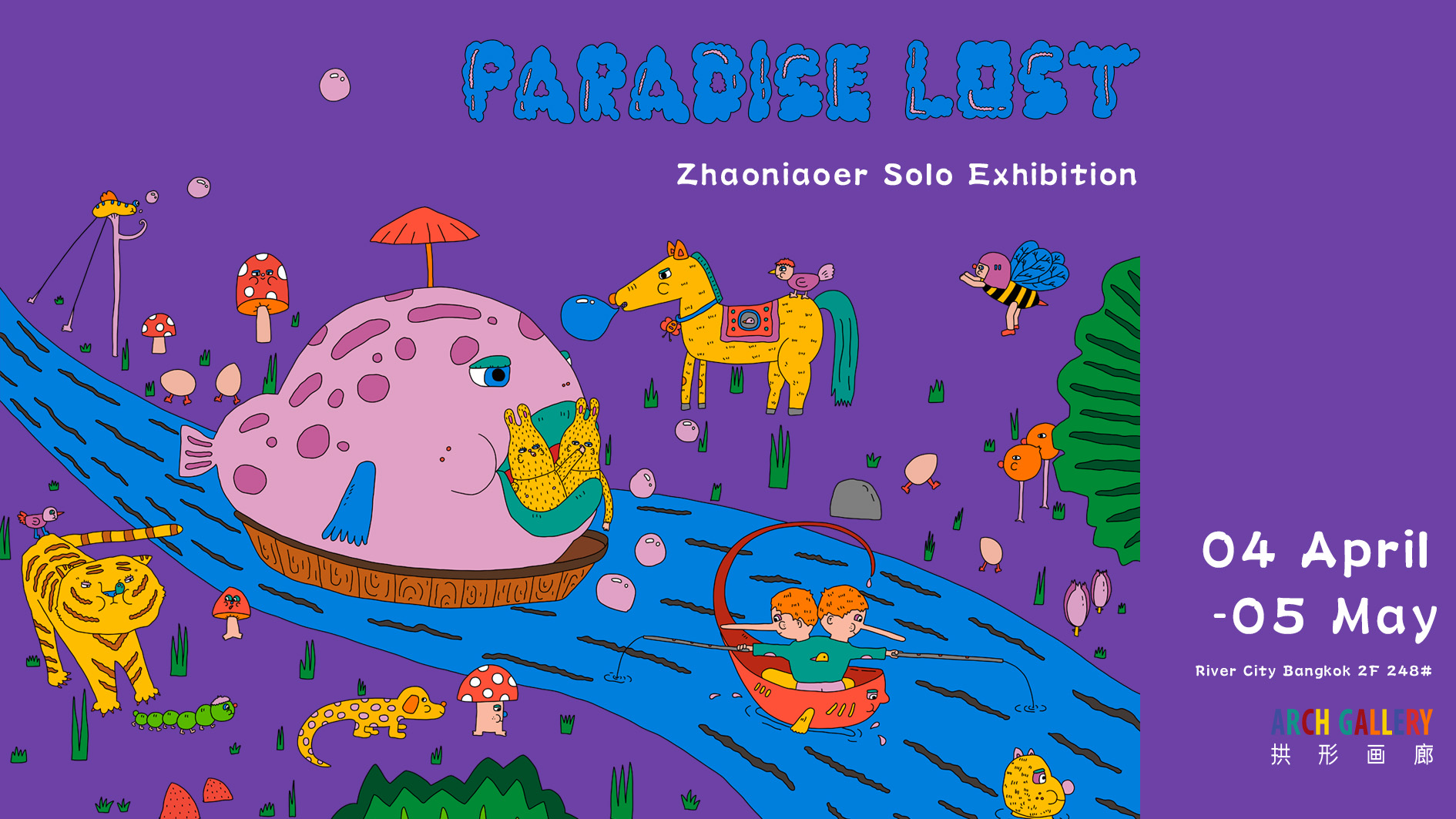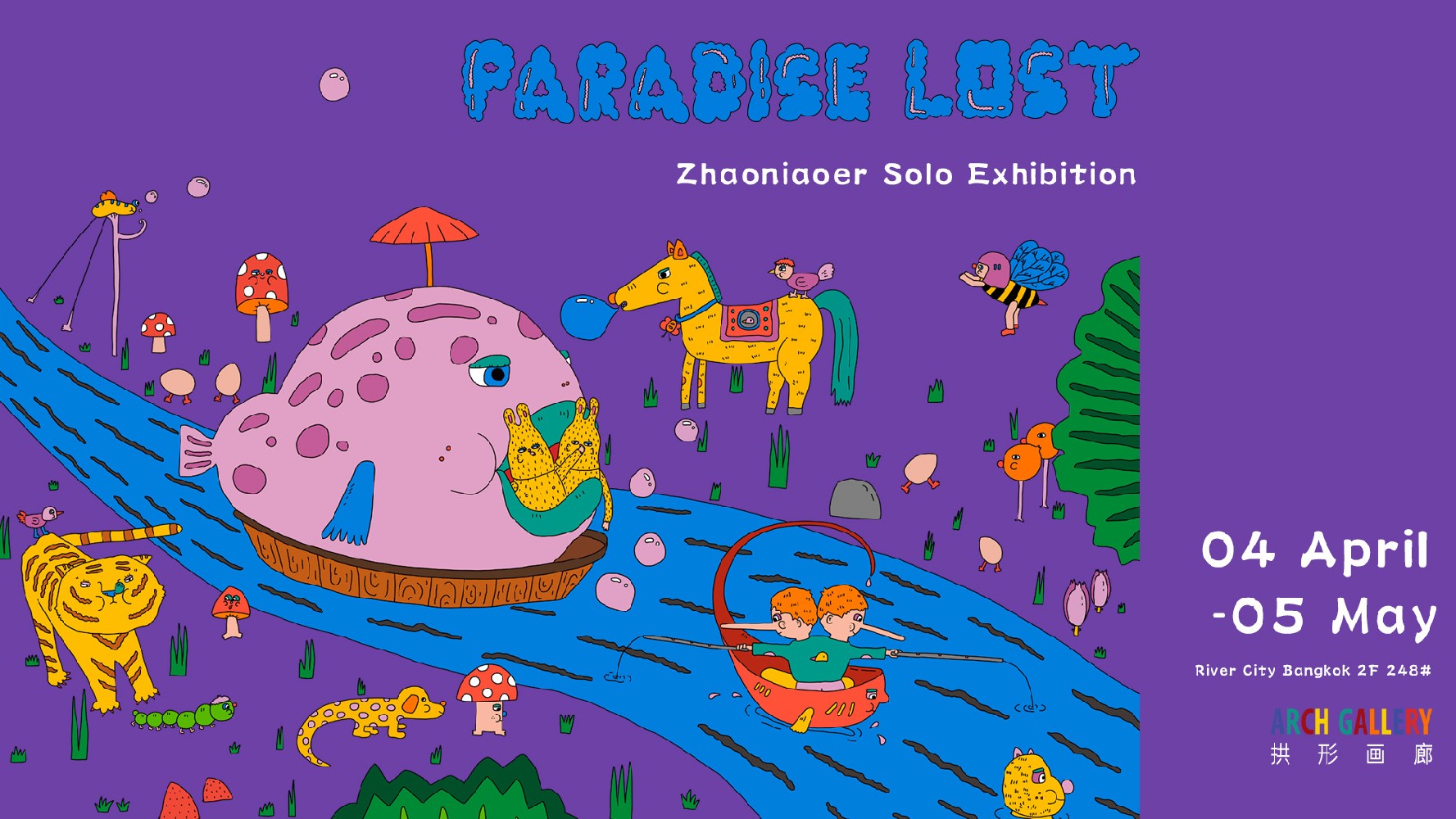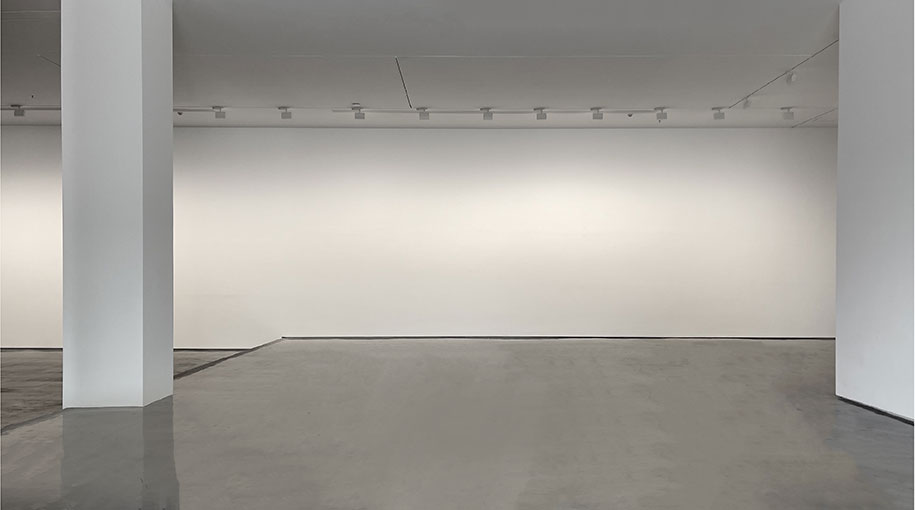

The exhibition title "Paradise Lost" is derived from the Renaissance painter Hieronymus Bosch. Renowned for his peculiar and fantastical painting style, Bosch's depictions of the world are full of metaphors and symbols, resembling an absurd yet captivating paradise. The strange life forms he created, reconstructed from fragments of animals, plants, and architecture, are both disconcerting and exude a surreal allure. He broke the rules of the natural world, pushing the boundaries of imagination to the extreme and creating new life forms beyond reality.
In the artistic practice of "Looking for Birds," an attempt is made to carry forward Bosch's spirit while imbuing it with a brand-new context. This exhibition uses painting, installation, and toys as its mediums. Every line, every splash of color, and every object here is derived from the fragmented memories of childhood cartoons and the hazy silhouettes of dreams. The exaggerated creatures from those cartoons and the leaping scenes from dreams are rearranged to form new life forms: a flower with eyes, a breathing building constructed from toy blocks. Like fragments, they are collected, deconstructed, and then fused into new vitality, creating a new "Paradise Lost."
Presently, we find ourselves in an era of information overload and blurred boundaries. The line between reality and fiction is increasingly dissolving, and the recombination of technology and nature is everywhere. Bosch's paradise might have been a medieval fantasy, but the paradise of "Looking for Birds" is a metaphorical echo of our times. In the exhibition, the fountain is no longer merely a decoration but a flow of time; the house is no longer a haven but a container for memories and imagination; and the reconstruction of animals and plants evokes associations with life experiments in gene editing and virtual reality.
Those vague fantasies from childhood, those fleeting images in dreams, may never have truly left us but instead linger in our daily lives in another form. Here, the past and the present, innocence and adulthood, reality and dreams coexist as our paradise. Childhood is a time when we perceived the world with pure hearts, unrestrained and full of infinite possibilities. When these fragments of innocence encounter the present-day context, they become a weapon against mediocrity. Even on the ruins of "loss," a new paradise is constantly emerging.

